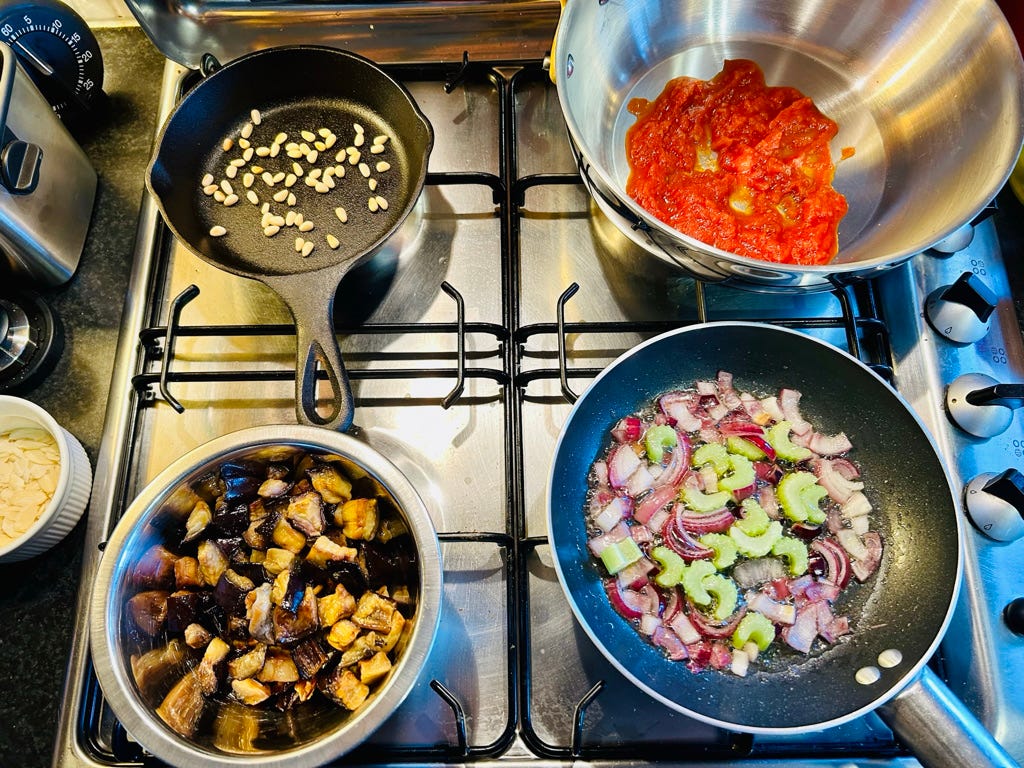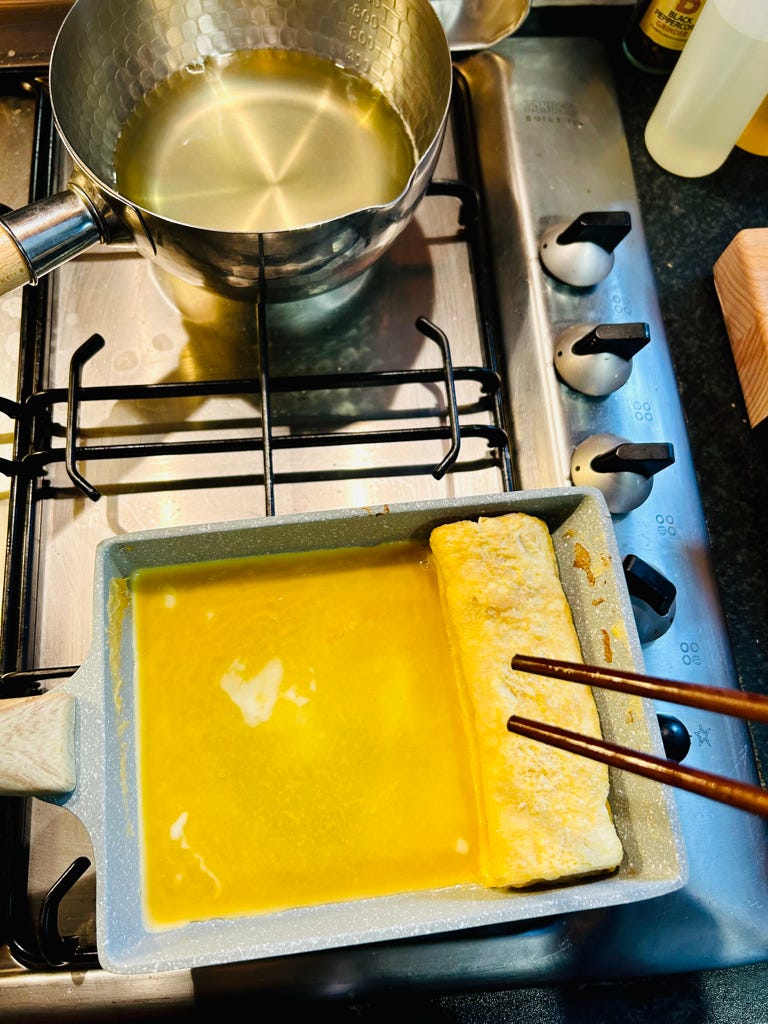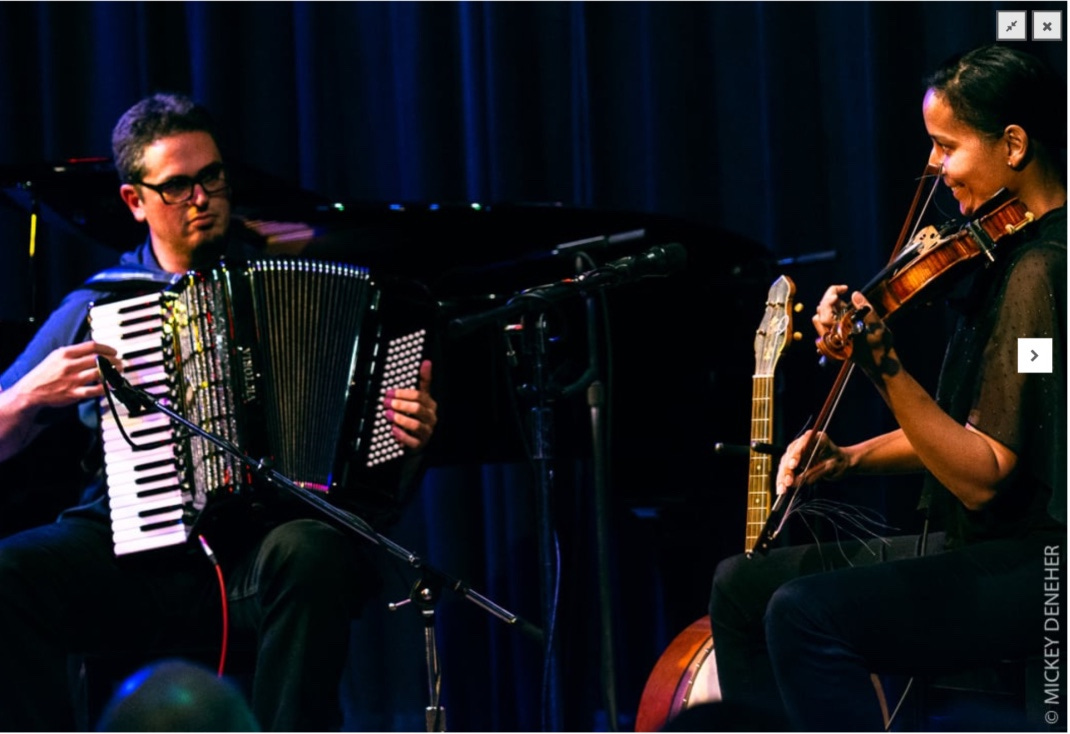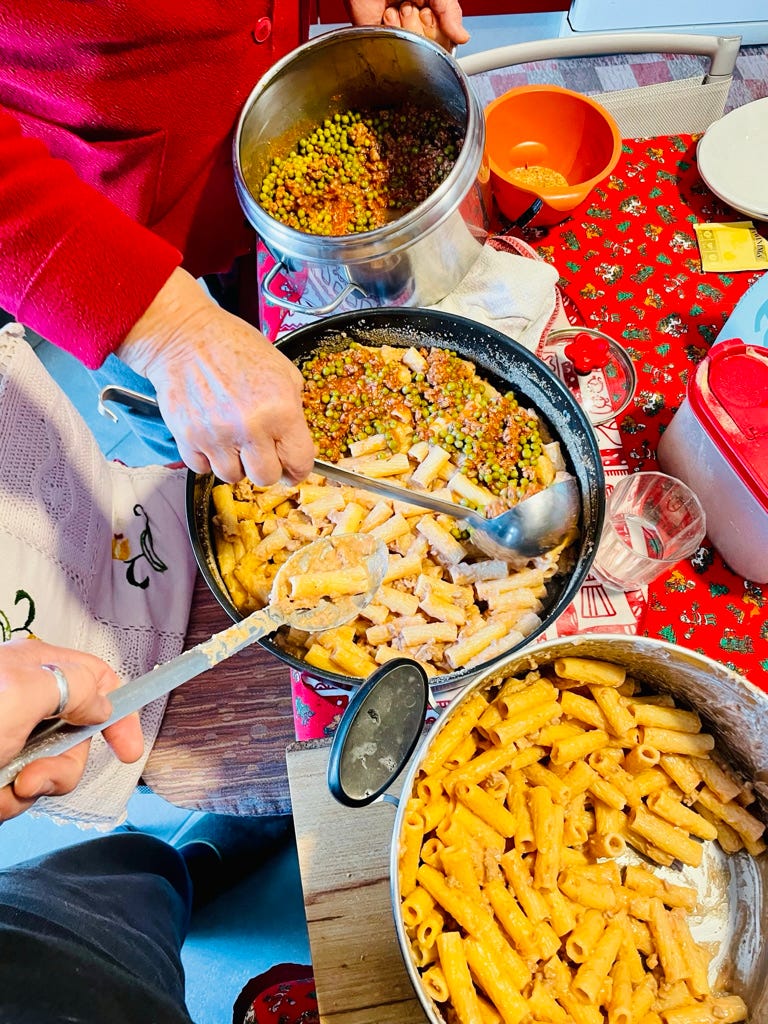Why “Cooking by ear”?
The multisensory experience of “playing with gusto” and “cooking by ear”
At 19 I moved to the Netherlands to study Jazz and Baroque music at the Royal conservatory of The Hague, and to follow my dream of becoming a professional musician, and for the first time I started cooking.
It wasn't always the easiest learning curve. I used to get home sick and miss terribly my mother’s food, so I would call her to ask: “how do you make exactly that pasta that I love?” Her explanations were always cryptic: “you add a bit of this, you add a bit of that, you cook it for a bit and that’s it, super easy!” I used to get frustrated and would ask: “how much is a bit?” And she would always answer “eh… a occhio”, which roughly translates as “dunno, you measure with the eye”.
Growing up between Turin and Sicily I hadn’t spent any time cooking with my mother. In fact I hadn’t spent any time cooking at all, so I had very little understanding of the techniques involved, but I always loved food and I was fortunate enough to have had so much experience of just being around the kitchen as a child. I didn’t know it then, but I had inherited an incredible wealth of taste and smell experiences. So when I started cooking, I had a very clear idea of what the results were supposed to be and of what the process looked like, and now I know that it’s no small thing!
The more time I spent cooking, the more I started to understand that actually “a occhio” is a far more complex concept. You need all of your senses in the kitchen, not only sight. You cook with your sense of smell, your sense of touch (to understand consistency and texture), and of course your taste, the ultimate judge of everything! As a musician I was surprised and delighted to realise that even your ears play a very important role in cooking. Listening to sound is a vital part of cooking, for example to understand if food is sizzling at a proper temperature in the pan, or if too much liquid has evaporated and everything is about to burn. “A occhio” really is the multi-sensorial experience that is the quintessence of cooking.
Music works in very similar ways. In jazz but also in many other music genres we often say: “we will play it by ear”, especially when we are figuring things out on the spot, often during a live performance. After many years spent playing music professionally, I can swear that it’s not all about the ears, it takes all five senses to be on a stage, fully present and connected to the other musicians and to the audience, in order to create the alchemy.
There is also another component to “a occhio” and “by ear”: experience. You have to have spent a long time cooking in order to have any of your senses judge whether things are going the right way or if adjustments need to be made. The very same is true in music, where your speed of reaction and stage experience will help you judge instantly what you need to do to keep the music flowing.
Furthermore one needs to be very familiar and have experience with the musical and culinary languages in question. Italian food culture is embedded in my dna, so after years of eating it and preparing it, I am familiar with the main processes that are at the basis of that cuisine, and I can almost always immediately understand how a dish is made simply by tasting it. On the other hand I have a much harder time understanding the basics and the vocabulary of Thai cuisine for example, simply because as much as i enjoy eating it, I have hardly ever attempted cooking it.
Even tho I didn’t grow up with Jazz, I became obsessed with it during my teenage years, and I spent a big part of my life studying it, listening to it and performing it. So you could say that I am quite familiar with the various languages spoken in jazz, and usually I can understand a piece of music at first listen. The same could not be said if I were to listen to traditional music from Japan for example.
So my point here is that you don’t necessarily need to “be born” in a food or music culture in order to understand it and be able to master it in your own way. You need to dedicate a big part of your life to it, and learn from people that are well versed in it, in the same way that you would if you wanted to learn a spoken language properly.
So how does one learn it? You sure can learn from written books on your own, both for music and cooking, but you will always only get a part of the picture. In fact the “a occhio/by ear” part is the one that cannot be written down and often cannot be transcribed.
I sometimes like to compare executing a written recipe to playing written classical music. The interesting thing is that in both these disciplines you still need a certain element of “a occhio” techniques. Let’s not forget that both a written piece of music and a recipe only give you a road map to follow. The essence of a performance and a recipe execution will still be made by understanding a precise language and by constant micro-adjustments. You can give someone a precise recipe, but if they don’t understand the cooking techniques involved, it will be very hard for them to execute the recipe. In the same way a person that can read music will not be able to perform a Mozart sonata properly if they don’t understand that musical language and the idioms and techniques connected to it.
For non written or loose recipes (like my mother’s) or music such as jazz or traditional music, the elements of an“a occhio” performance become even more relevant. This is the reason why usually these are considered oral traditions and they are taught one on one. After many years of learning both music and food in all the possible different ways, I am still amazed by how much you can learn by cooking one single recipe or by playing a tune with a person who is very experienced in that specific language. There is a wealth of gestures and knowledge that cannot be transcribed but that can be learned very quickly “orally”. It also seems to me that when you learn something a occhio/by ear it gets stored in a different part of your brain and it’s there for a very long time. On the other hand I could read the same piece of music over 500 hundred times and I will still have a hard time recalling it without the music in front of me!
So now I know that when I want to learn a dish from my mother, instead of calling her and asking her for a recipe, I wait until the next time I am with her and I cook it together with her, making sure that I’m not only watching her do it, but that I am doing some of the cooking myself under her supervision. These days I also try to take some notes and, if possible, to take a few simple measurements. These are the first steps into the idea of transcribing an oral recipe. Like transcribing a great jazz solo, this process helps to better understand the mechanics of a recipe, and finally it helps to recreate the recipe when it’s not something you cook on a regular basis. In this way I try to get the best of both worlds, learn orally and transcribe into a written recipe, which can then be shared with others too. If you have an elder or someone that carries a wealth of tradition in your family, you should consider learning from them in this way, be it food, music, family history and storytelling.

During a conversation with my friend (and great drummer) Matthew Jacobson, I was discussing the idea of calling my book “A occhio”, but I was worried that English speakers were gonna have a hard time pronouncing it (it’s pronounced a okkio) and connecting with the meaning of this title, so Matt suggested calling it “Cooking by ear”. I love this title and I decided to start using it immediately on my Substack. I think it perfectly explains what I am trying to do here as I reflect on music and cooking and their similarities.









Love your article. It touches on many of my favorite topics. Classical music, cooking, Sicily. The picture of the pizza is what invited me to click on your article. (Any recipe for that?) I love the way you describe the discovery of “a occhio” and how it applies not only to cooking but also music. Many of my Sicilian mother-in-law’s recipes were “a occhio” and the only way to find out what “un po’” was, was to watch her cook. It could be anything from a pinch to a handful! I look forward to reading more of your stories.
I really appreciate the way you're able to put into words these very intuitive practices. Next time you cook with your mom, make a video (if she's willing, of course)!